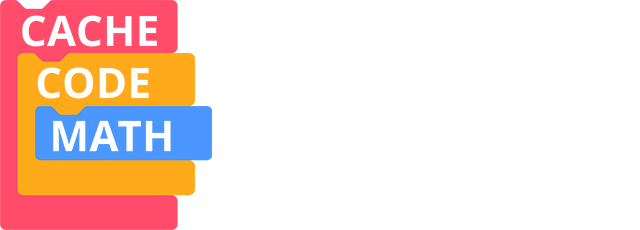Document Type
Article
Journal/Book Title/Conference
ACM Transactions on Computing Education
Publisher
Association for Computing Machinery
Publication Date
7-11-2024
Journal Article Version
Version of Record
First Page
1
Last Page
23
Abstract
Objectives. The increasing demand for computing skills has led to a rapid rise in the development of new computer science (CS) curricula, many with the goal of equitably broadening participation of underrepresented students in CS. While such initiatives are vital, factors outside of the school environment also play a role in influencing students' interests. In this paper, we examined the effects of students' perceived parental support on their interest in computer programming and explored the mechanisms through which this effect may have been established as students participated in an introductory CS instructional unit.
Participants. This instructional unit was implemented with upper primary (grade 5) school students and was designed to broaden trajectories for participation in CS. The participants in the current study (N=170) came from six classrooms in two rural schools in the western United States.
Study Method. The seven-week instructional unit began with students playing a commercial CS tabletop board game that highlighted fundamental programming concepts, and transitioned to having students create their own board game levels in the block-based programming language, Scratch. Further, because the board game could be taken home, the instructional unit offered opportunities to involve the family in school-based CS activities. To investigate the effect of students' perception of parental (specifically father and mother) support on their interest in and self-efficacy to pursue CS, we surveyed students before and after the unit's implementations and explored the structural relationship of the data using structural equation modeling (SEM).
Results. We present three findings. First, the combined effect of students' perceived mother's and father's support measured prior to the implementation (pre-survey) predicted students' self-efficacy (Std B = 0.37, SE = 0.010, p < .001) and interest in computer programming (Std B = 0.328, SE = 0.134, p < .003) measured after the implementation (post-survey). Secondly, the combined effect of perceived mother and father support (Std B = 0.132, 95% CI [0.039, 0.399], 99% CI [0.017, 0.542]) on students' interest was mediated by whether or not they took the CS board game home.
Conclusions. Our findings indicate that perceived parental support has the potential to play an important role in students' self-efficacy and interest in computer programming and that providing opportunities for students to bring CS artifacts home has the potential to further affect students' interest in computer programming.
Recommended Citation
Shehzad, U., Clarke-Midura, J., & Recker, M. (2024). Examining the Role of Parental Support on Youth's Interest in and Self-Efficacy of Computer Programming. ACM Transactions on Computing Education. https://doi.org/10.1145/3676888



Comments
This work was supported by the National Science Foundation Grant No. 1837224 and Grant No. 2031382. Opinions, findings, or recommendations expressed in this article are those of the authors and do not necessarily reflect the views of the funding agency. We thank the participating teachers and students. Additionally, we thank Brenna Kim, Assistant Professor, University of Utah for their feedback on the statistical analysis.